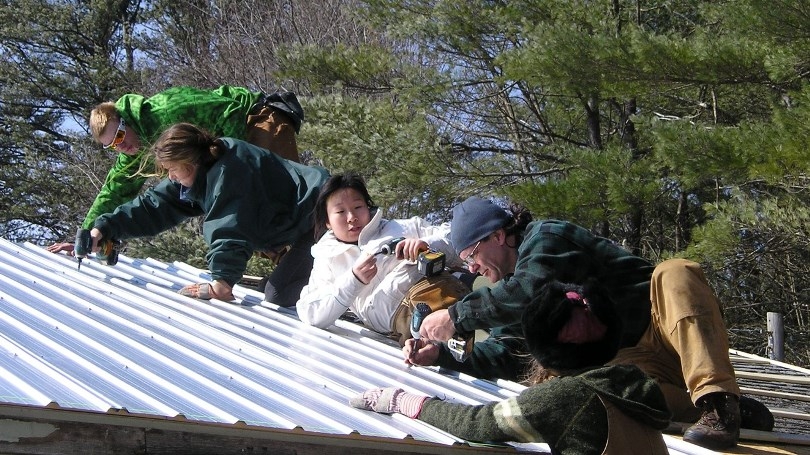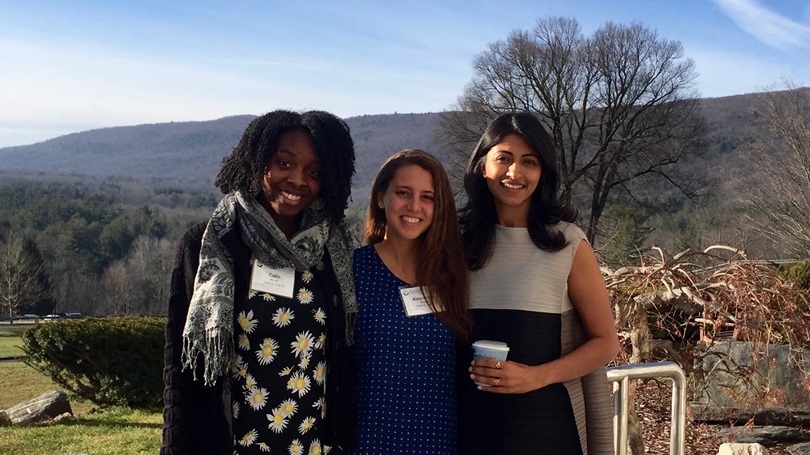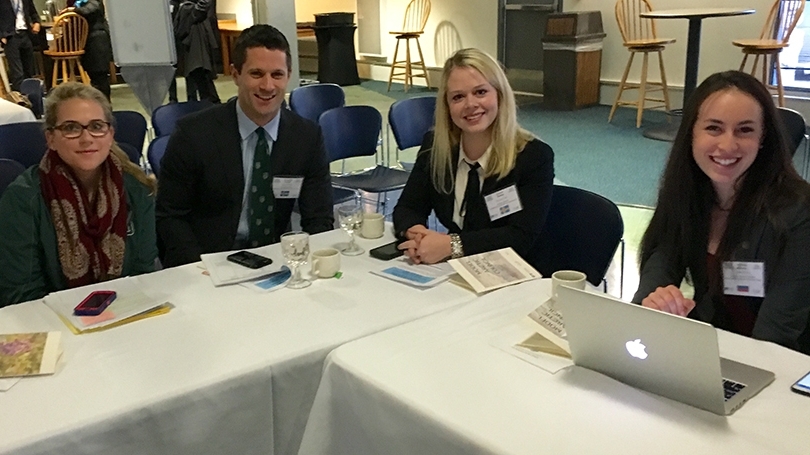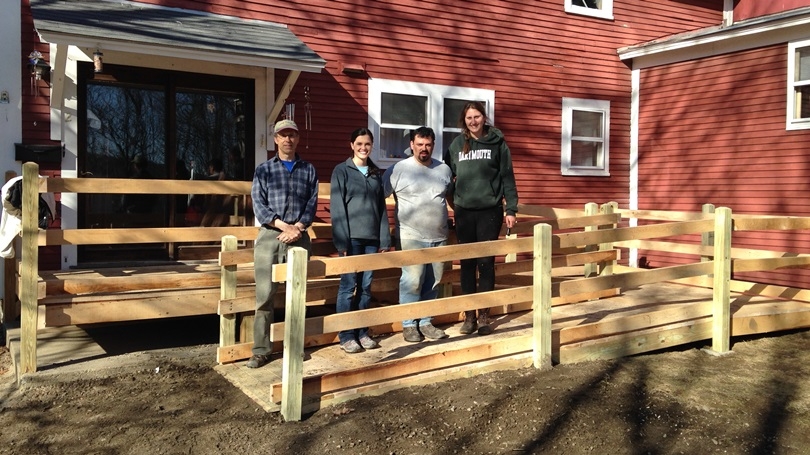ENVS 50: Environmental Problem Analysis
Rotating Faculty
This culminating course for the ENVS major (and culminating option for the Sustainability Minor) provides students with the opportunity to practice their academic and professional skills through a community-based research project. Student teams drive their own learning and interact with real-world actors to conduct research that is both meaningful to the students and their community partners. The professor is mentor, facilitator and final evaluator. As stated in the ORC:
"The purposes of this coordinating course are to (1) give students an opportunity to see how the disciplinary knowledge acquired in their various courses and departmental major programs can be integrated in a synthetic manner; (2) provide a forum for an in-depth evaluation of a significant environmental … problem; and (3) give students the experience of working [in] a project team . . ."
In addition, a central goal in this course is that the students produce work that is meaningful to one of our local community partners. We find that this synergistic relationship creates a better learning experience for students, faculty, and community members. Topics addressed vary yearly. In many cases, students' recommendations and research have led to concrete action, such as:
- A pilot study with the Upper Valley Land Trust and Ascutney Outdoors on user recreation experiences in the West Windsor Town Forest
- Design contributions to Ascutney Oudoors' warming hut (to be built)
- Contributions to the success of Thetford Academy's Environmental Science and Outdoor Education Initiative through projects, such as food sustainability and aquaculture, trail design, and outdoor education curriculum. See related press releases:
- Establishment of the Dartmouth Organic Farm
- Design and Implementation of Dartmouth's Green Revolving Loan Fund
ENVS 50 class reports may be found here.
Africa FSP (ENVS 40, 42, 84)
Doug Bolger, FSP Director
DG Webster
Flora Krivak-Tetley
This foreign study program gives students firsthand experience with issues of conservation, population, land and water use, and resource management in southern Africa, focusing on the intersection of conservation and human development. Three courses involve learning via field visits and interactions with a diversity of local people (very little time in a classroom). This involves considerable travel through South Africa, Lesotho and Namibia, camping much of the time. The climate of the region is dry, the environment is fragile, and too many people need scarce resources (e.g., land, water, jobs, and education). These conditions magnify environmental issues and offer powerful learning opportunities. The majority of lectures and field-guidance are by Africans with first-hand experience with the issues.
ENVS 84 (another culminating experience option) involves a community-based research project in the Namib Sand Sea in partnership with the Gobabeb Research and Training Centre. Students partner with Gobabeb and work with members of a local indigenous community, Topnaar, to address a problem, identified by the community. Past projects include:
- Socio-ecological study of the !Nara plant and its commercial and subsistence harvest
- GIS mapping of ecological landscape using drones
- Livestock ecology
- Livestock livelihoods and climate change
- Survey of Topnaar community livelihoods
- Socio-political analysis of Topnaar-Gobabeb relationship
- Assessment of Gobabeb/Topnaar capacity development initiatives
- Designed environmental curriculum for local school
Please visit the AFSP webpage to read the ENVS 84 reports here.
Participants are also able to apply for a Paulson Fellowship to return to Southern Africa to pursue their own research, innovation project, or senior thesis research.
Please visit the AFSP webpage to read the Paulson Fellowhip Reports here.



